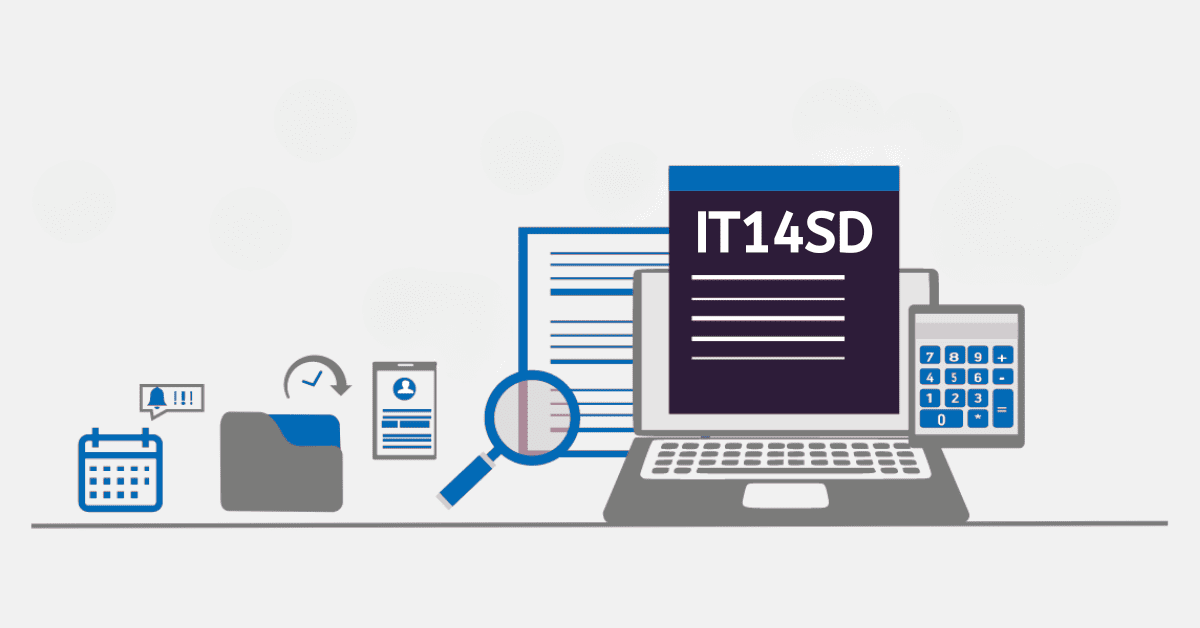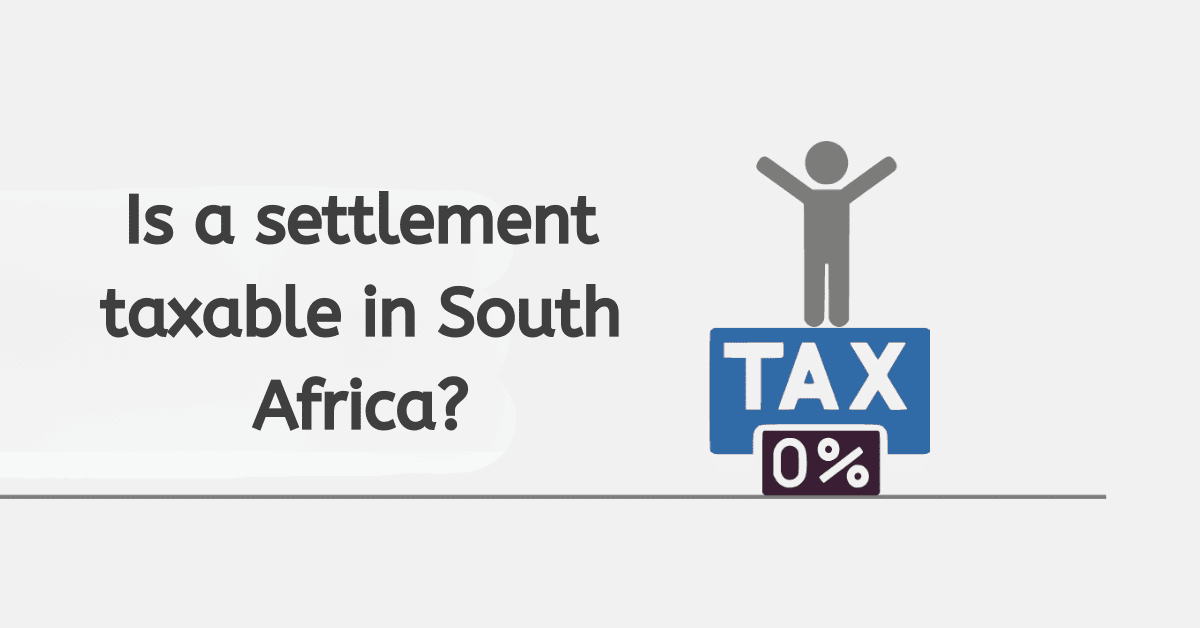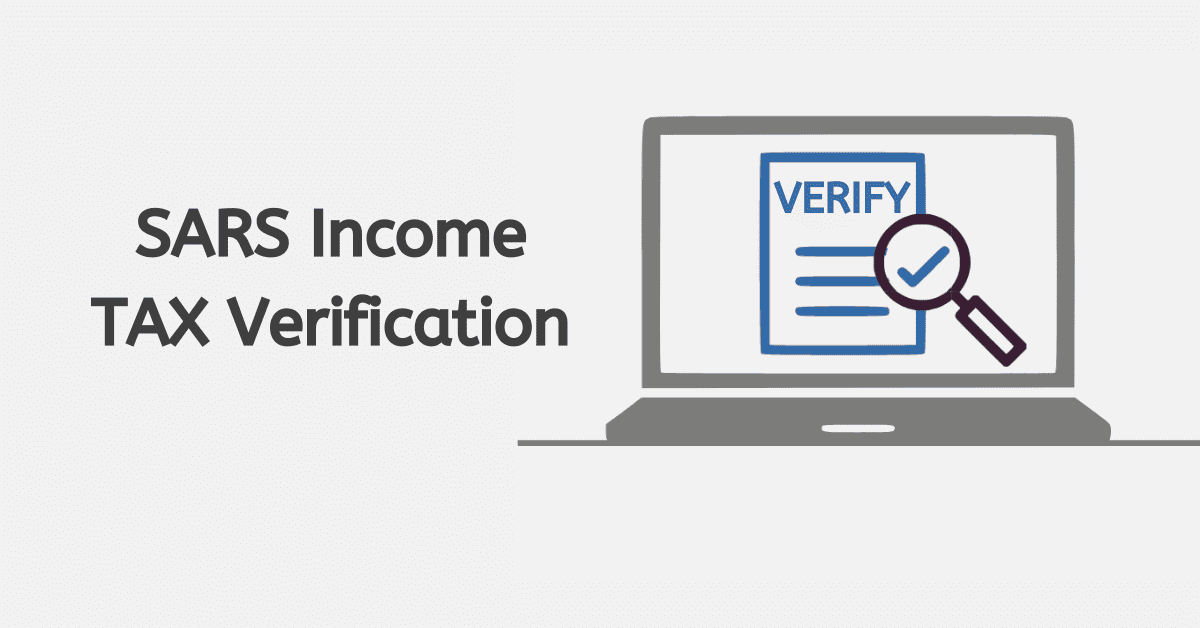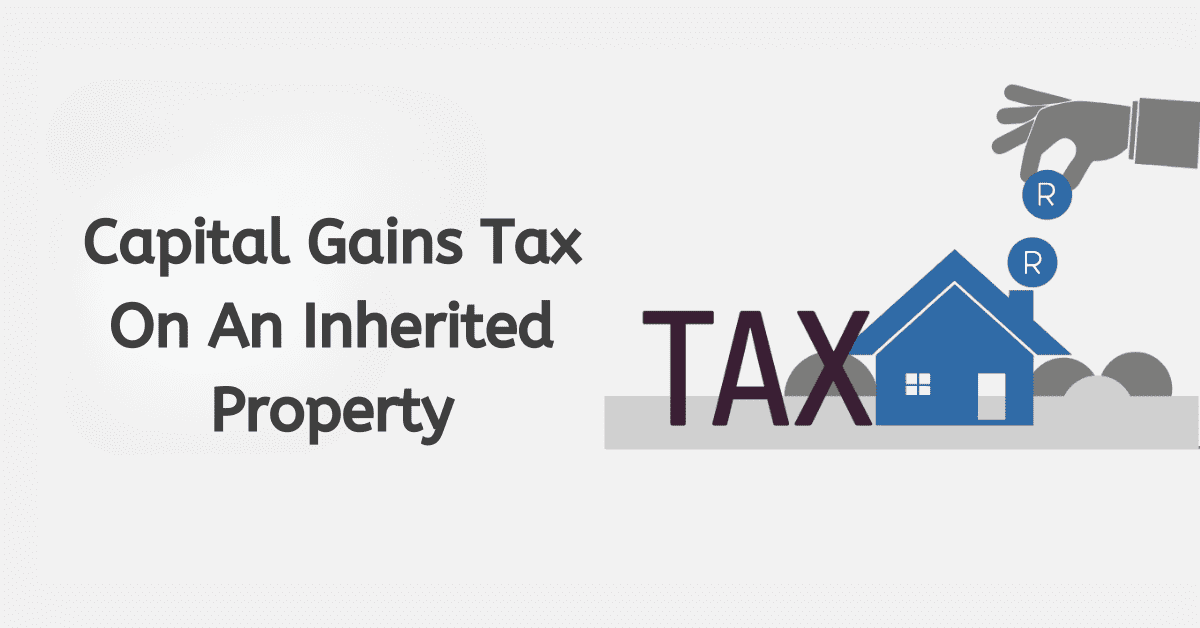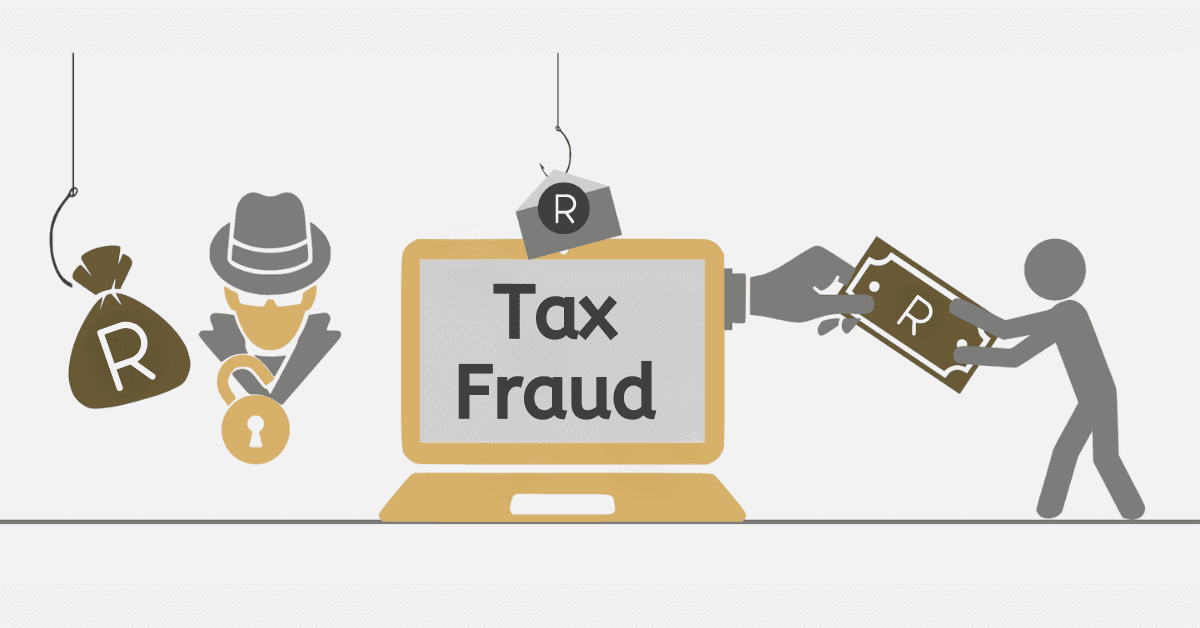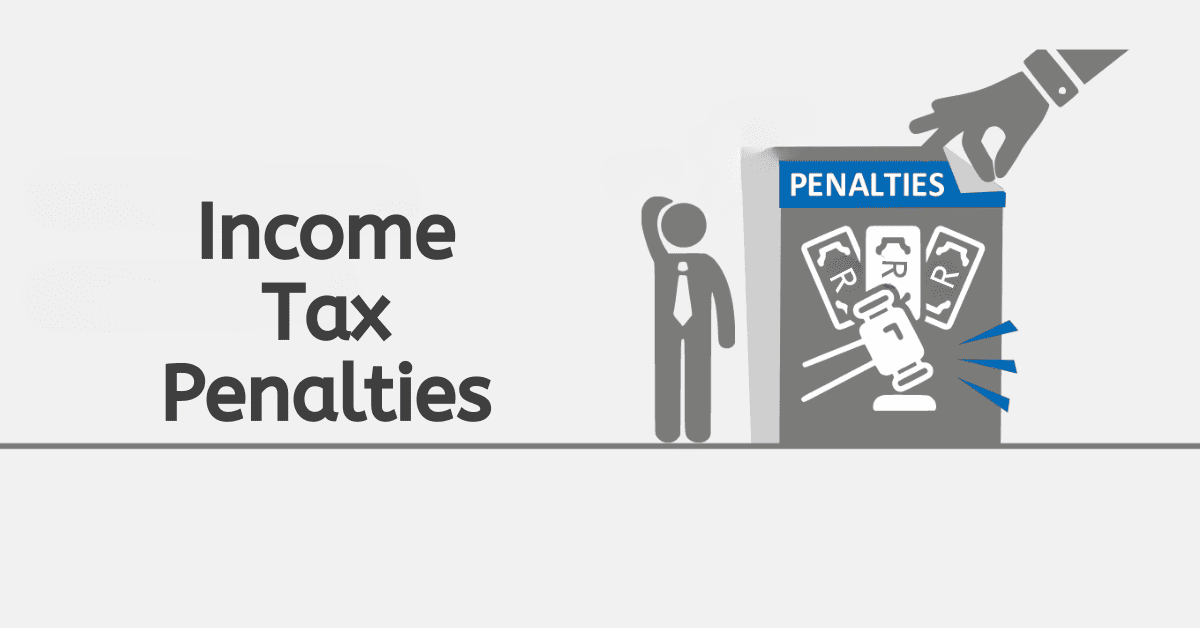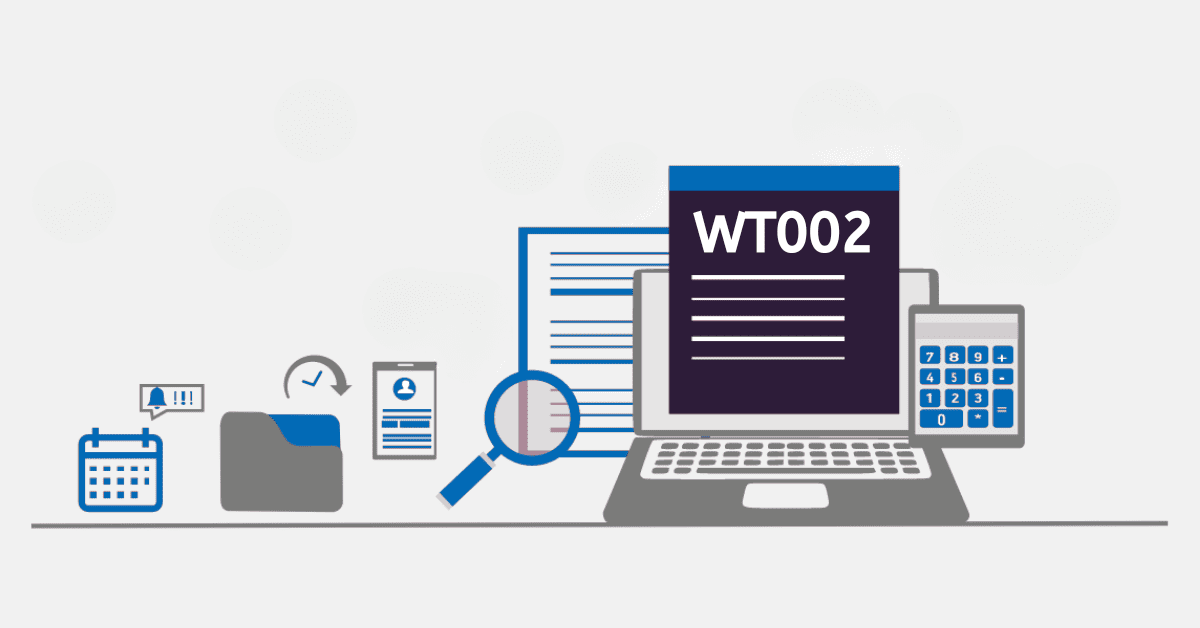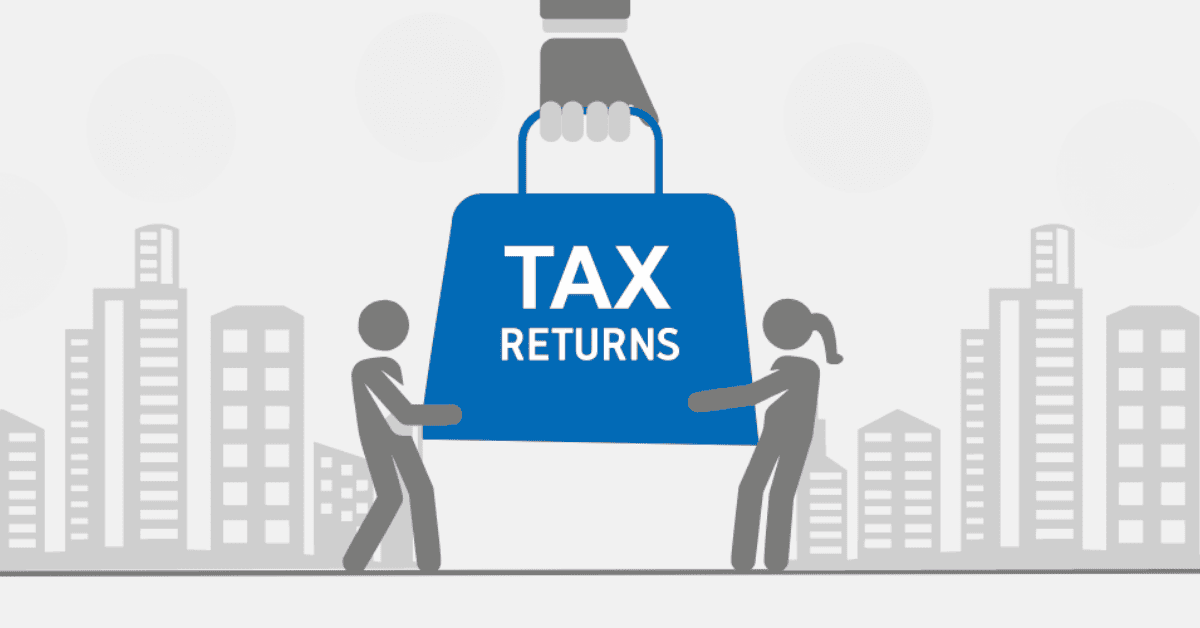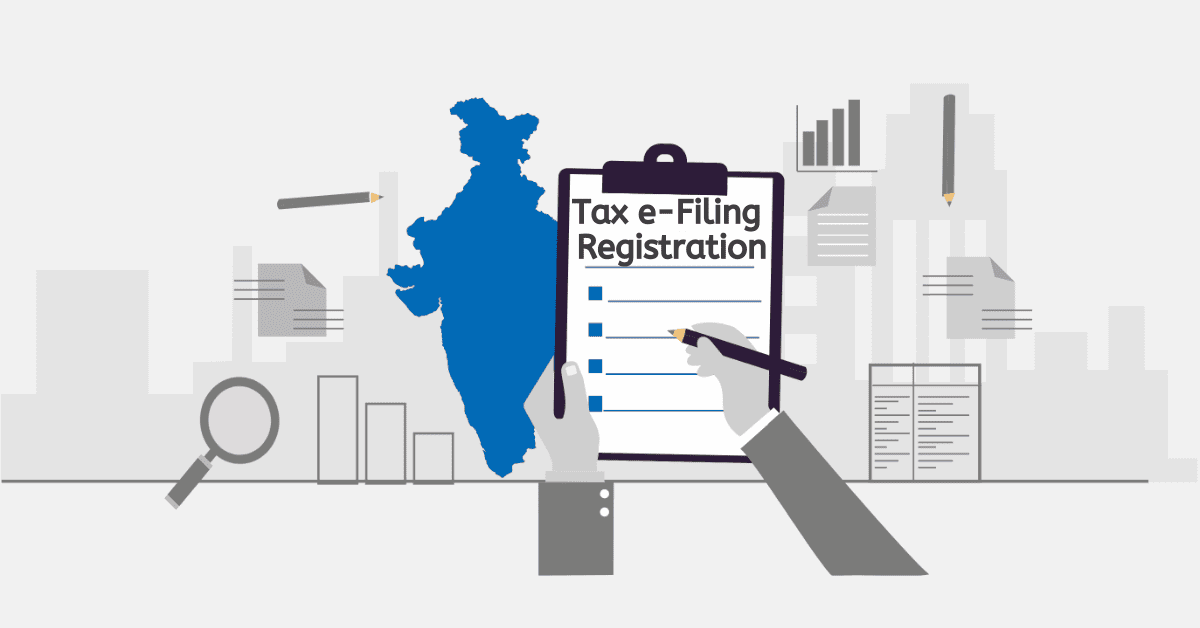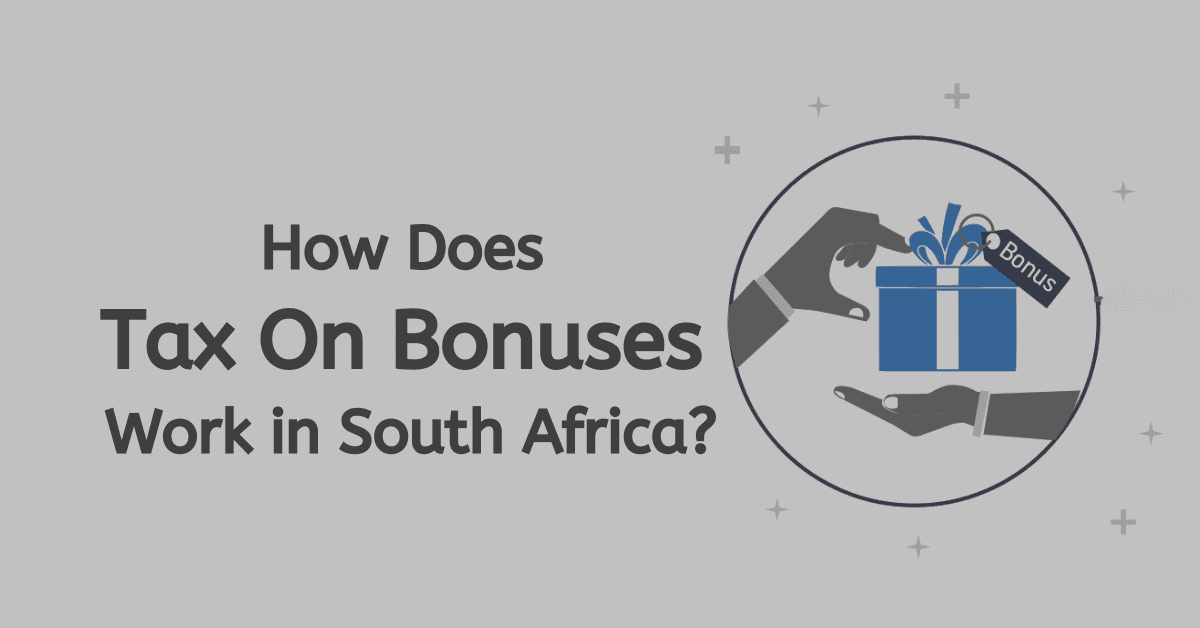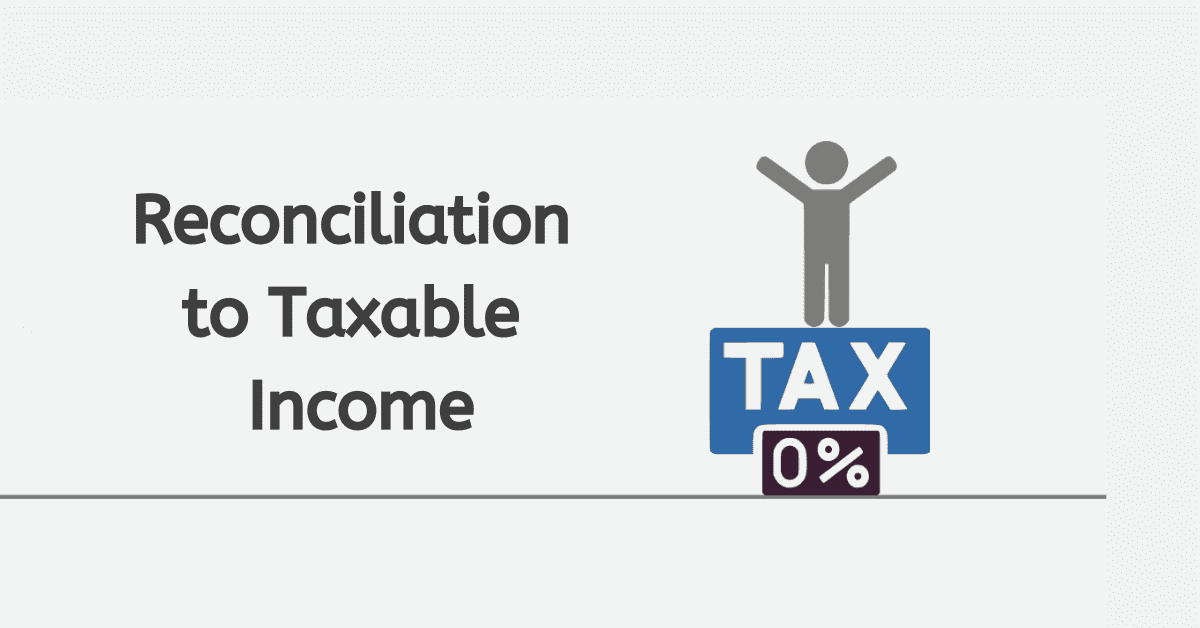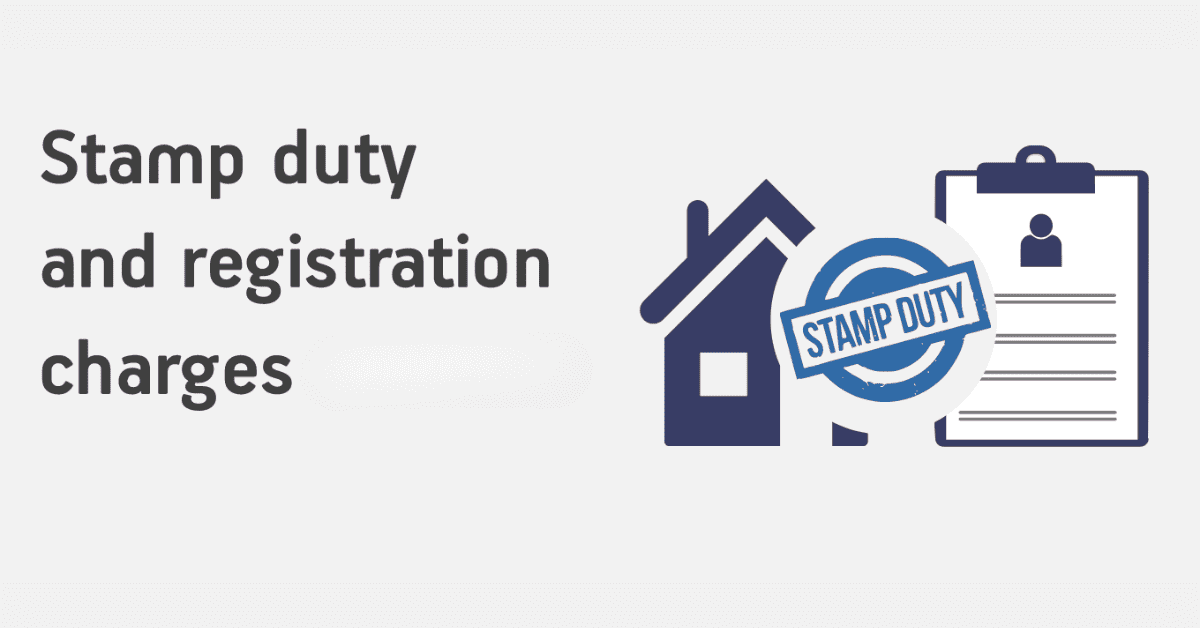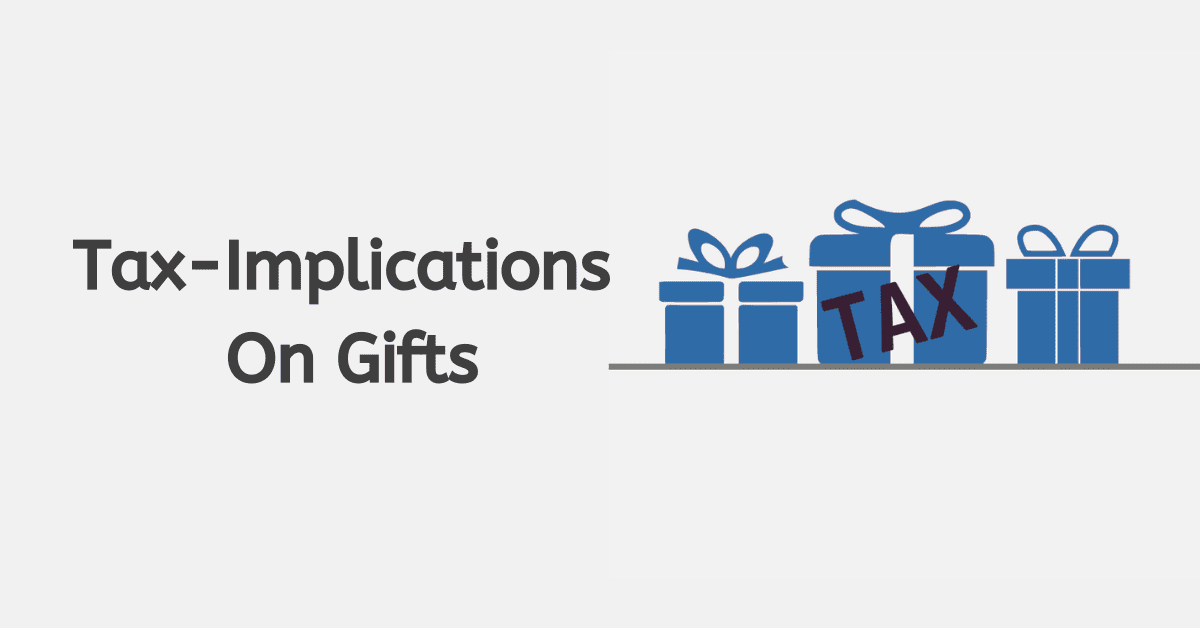All organizations operating in South Africa must submit annual tax returns, including tax-exempt ones. All companies that generate taxable income should pay tax to the South Africa Revenue Service (SARS). However, most not-for-profit organizations are tax-exempt since they are involved in humanitarian work to assist the needy. Nevertheless, tax-exempt entities must complete and submit their annual income tax return (IT12EI) annually as determined by SARS. This article explains the measures you can take to file your return of income for an organization that does not pay tax
What is an IT12EI Form for SARS?
An income tax return is also known as IT12EI form, and it is completed and submitted annually. The income tax return helps SARS assess whether the exempt entity is compliant and operating within the approved grant limits. In other words, the return of income tax-exempt organizations is meant to prevent issues like tax evasion.
If a liability arises after the income tax return has been submitted, payment must be made to SARS. Alternatively, the entity involved must apply for deferral at SARS Debt Management. It is important to note that a tax return must be submitted to SARS even when you have tax-exempt status. If the company’s circumstances change, the information must be available on the tax return. This is the reason why all organizations must file tax returns regardless of their tax status.
Who is Exempt From Filing a Tax Return in South Africa?
Both organizations and individuals are liable to get tax exemptions depending on the nature of their business and income status. Companies that earn taxable income as determined by SARS must file and pay their taxes as required by the law. Even tax-exempt organizations must file a tax return in South Africa to ensure they are operating within the prescribed guidelines.
However, individual taxpayers or natural persons are not required to file tax returns in South Africa if they earn below the tax threshold determined by SARS. For instance, if your total salary or income from one source is under R500 000 per tax year, you will be exempt from filing a tax return. The rule only applies to individuals without additional sources of income like rental income or those without deductions they can claim, like travel costs, medical expenses, and retirement annuities.
South Africans with a tax-free investment, including the following, must not file tax returns.
- R23 800 for individuals below 65 years
- R34 400 for people who are 65 years or above
- R23 800 for a deceased’s estate
The money that accrues from tax-free investment is tax-exempt. Individuals receiving these funds must not file tax returns.
You will not be liable to file a tax return if you receive a single lump sum from a provident fund, pension fund, or retirement annuity. Remember, these exemptions are not applicable if the individual involved received allowances related to business travel and other expenses. Anyone who receives taxable benefits is entitled to file a tax return.
It is vital to consult SARS to know whether you should submit a tax return. Failure to file your tax return can lead to penalties. Therefore, it is a good idea to consult a professional to be on the right side of the law.
What Is the Difference Between ITR12 and ITR14?
The main difference is that ITR12 refers to income tax for natural persons or individuals, whereas ITR4 is an income tax return for companies. When you file your tax return, you must complete the right form. Submitting a wrong form can lead to delays in processing your tax affairs. As a result, you can end up facing penalties because of a preventable error.
Does a Non-Profit Organisation Have to Register With SARS to Qualify for a Tax Exemption?
Not-for-profit organizations play critical roles in different communities across South Africa. These entities are primarily concerned with helping people in many areas meet their development needs. They often play a complementary role to services offered by the government to uplift the welfare of different people.
Therefore, SARS often provides tax benefits to non-profit organizations to reduce their financial burden. However, all not-for-profit organizations must first register with SARS to qualify for tax exemption. Some entities may use the privilege to evade paying taxes to SARS. This is why they must register with SARS and get approval for tax exemption.
Once SARS approves the income tax exemption application, the entity becomes a Public Benefit Organization (PBO). Every PBO operating in South Africa gets a unique reference number showing its tax status. SARS can use this number to track the operations of the check if it is compliant.
The application process for income tax exemption is simple since it involves a few steps. You need to visit your nearest SARS branch to apply using an EI1 form. Each organization must complete this form together with other relevant forms. All forms are available at your SARS branch, or you can download them from the SARS website at www.sars.gov.za. Complete all the relevant sections and attach supporting documents.
An application with errors or missing documents is rejected. However, it is not automatic that an application for tax exemption for a non-profit organization is approved. If the entity does not meet all the requirements, it may be compelled to pay taxes. SARS reserves the right to approve or decline any application for tax exemption. Therefore, get all the details first to do the right thing.
Not-for-profit organizations are exempt from paying taxes in South Africa since they specifically provide humanitarian work. However, they are required to file income tax returns to SARS to ensure compliance. All returns must be completed and filed as determined by SARS. However, individuals who earn less than the tax threshold are exempt from filing a tax return. This applies to one source of income below the tax bracket. Individuals with more than one source of money are liable to file tax returns and pay income tax.
